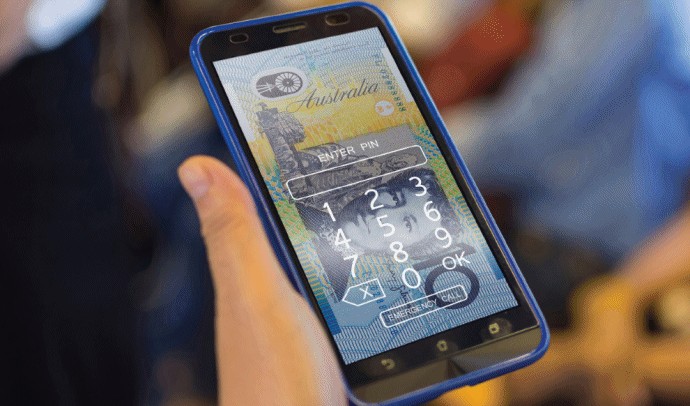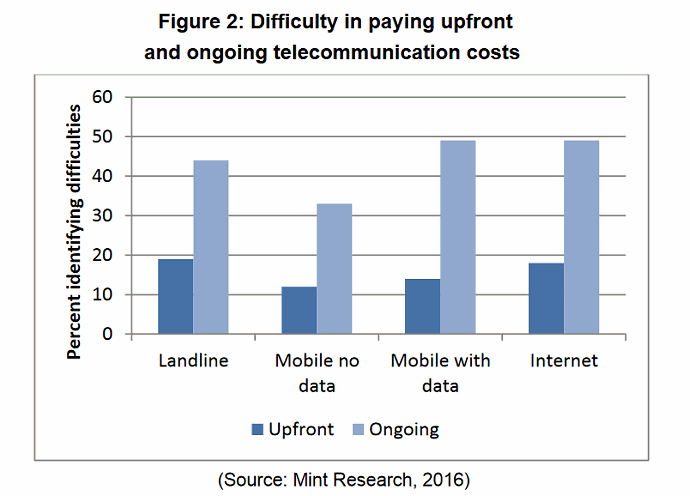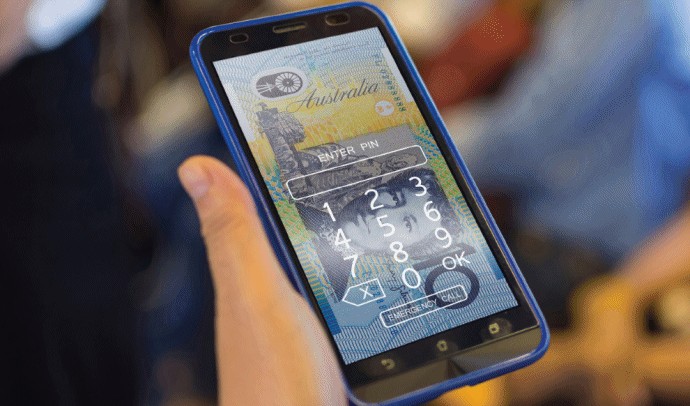A new report states low-income Australians are battling to keep their telecommunication services, including internet access, connected.
Launched jointly by the Australian Communications Consumer Action Network (ACCAN) and the South Australian Council of Social Service (SACOSS), the report indicates 66 per cent of those surveyed considered telecommunications among the five most important aspects of their household budget.

In preparing the report, a survey was conducted with a random sample of 523 telecommunications consumers across Australia whose main source of income was a Centrelink benefit or those who were eligible for a Low Income Health Care Card.
41% of respondents said that they always, usually or sometimes limit the use the internet as a result of cost concerns. Close to 50% stated they had ongoing problems with paying ongoing internet access fees.

Mobile data was particularly important to low-income users, but low-cost plans simply don't provide adequate data allowances. Excess data charges can create a financial shock, with significant effects on the budgets of these households.
Essential tasks carried out on the Internet by this group included searching for employment (83%), looking for housing (71%), logging on to government services (68%), accessing other services (including banking and health) (61%), and pursuing education activities (59%).
Survey data indicated 26% of respondents said they usually accessed government services by phone, while 68% did so online - and who could blame them, with phone hold times sometimes stretching into hours.
While free access to internet is available to some of this group via libraries and Centrelink offices, it is still accompanied by costs such as transport, time and convenience.
“In 2016 all consumers need to be connected to broadband and telecommunications services," said ACCAN Director of Policy Una Lawrence.
"Without these services, consumers are cut-off from accessing education, job opportunities and Government services, as well as entertainment and the social benefits of being able to keep in touch with friends and family."
The research also found the Centrelink Telephone Allowance (CTA) is inadequate and should be reformed to reflect modern telecommunications usage and demands.
With the full roll out of the NBN and other high-speed broadband services, the increasing digitisation Australians' lives will probably only accelerate in the time ahead, making the need to be online even greater.
The full report can be downloaded here (PDF).
Early this year, the Australian Council Of Social Services (ACOSS) said the nation faces a real risk of the changing digital environment worsening the experience of poverty and trending towards greater inequality.



